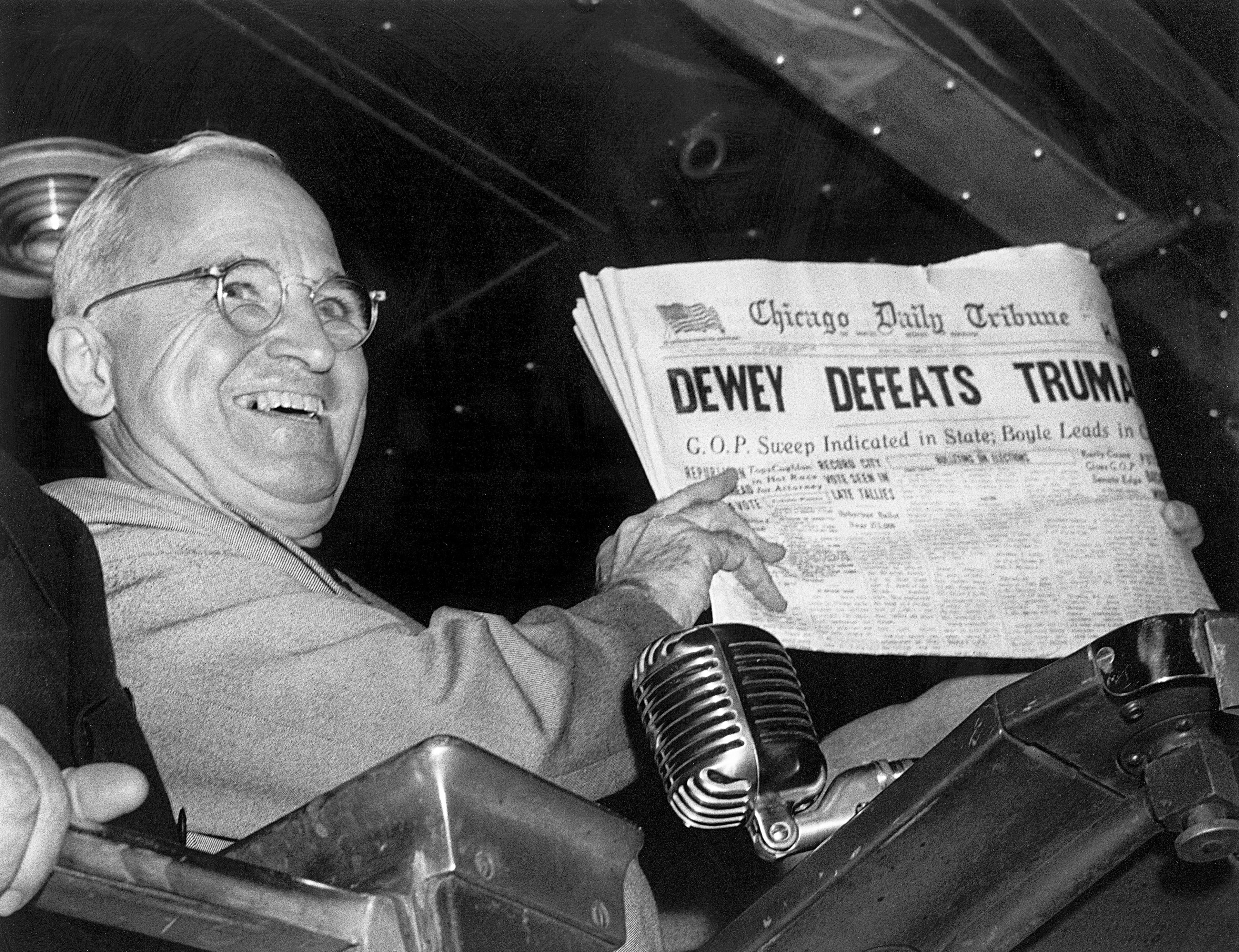World/nation trivia: The week of Oct. 27-Nov. 2
Explore key historical events from Oct. 27 to Nov. 2, including the first Federalist Paper, the Cuban Missile Crisis, the Boston Red Sox's World Series victories, and the Chicago Cubs' 2016 triumph.
Oct. 27:
1787, the first of the Federalist Papers, a series of essays calling for ratification of the United States Constitution, was published.
1962, during the Cuban Missile Crisis, a U-2 reconnaissance aircraft was shot down while flying over Cuba, killing the pilot, U.S. Air Force Maj. Rudolf Anderson Jr.
2004, the Boston Red Sox won their first World Series since 1918, sweeping the St. Louis Cardinals in four games.
2018, a gunman shot and killed 11 congregants and wounded six others at Pittsburgh’s Tree of Life synagogue in the deadliest attack on Jews in U.S. history; authorities said the suspect, Robert Bowers, raged against Jews during and after the rampage. (Bowers was convicted and sentenced to death in 2023.)
Oct. 28:
1886, the Statue of Liberty, a gift from the people of France, was dedicated in New York Harbor by President Grover Cleveland.
1919, Congress enacted the Volstead Act, which provided for enforcement of Prohibition, over President Woodrow Wilson’s veto.
1962, Soviet leader Nikita Khrushchev informed the United States that he had ordered the dismantling of missile bases in Cuba; in return, the U.S. secretly agreed to remove nuclear missiles from U.S. installations in Turkey.
2016, the FBI dropped what amounted to a political bomb on the presidential campaign of Hillary Clinton when it announced it was investigating whether emails on a device belonging to disgraced ex-congressman Anthony Weiner, the estranged husband of one of Clinton’s closest aides, Huma Abedin, might contain classified information.
Oct. 29:
1929, ‘Black Tuesday’ descended on the New York Stock Exchange. Prices collapsed amid panicked selling and thousands of investors were wiped out as America’s Great Depression began.
1940, a blindfolded Secretary of War Henry L. Stimson drew the first number — 158 — from a glass bowl in America’s first peacetime military draft.
1998, Sen. John Glenn, at age 77, returned to space aboard the shuttle Discovery, retracing the trail he had blazed as the first American to orbit the Earth 36 years earlier.
2012, Superstorm Sandy slammed ashore in New Jersey and slowly marched inland, devastating coastal communities and causing widespread power outages; the storm and its aftermath were blamed for at least 182 deaths in the U.S.
Oct. 30:
1938, the radio play “The War of the Worlds,” starring Orson Welles, aired on the CBS Radio Network.
1974, Muhammad Ali knocked out George Foreman in the eighth round of a scheduled 15-round bout known as the “Rumble in the Jungle,” in Kinshasa, Congo (then Zaire), to regain his world heavyweight title.
2005, the late Rosa Parks became the first woman to lie in honor in the U.S. Capitol Rotunda; President George W. Bush and congressional leaders paused to lay wreaths by the casket of the civil rights icon.
2013, the Boston Red Sox romped to their third World Series championship in 10 seasons, besting the St. Louis Cardinals 6-1 in Game 6 at Fenway Park.
Oct. 31:
1913, the Lincoln Highway, the first automobile highway across the United States, was dedicated.
1941, work was completed on the Mount Rushmore National Memorial in South Dakota, begun in 1927.
1950, Earl Lloyd of the Washington Capitols became the first African-American to play in an NBA game; Lloyd would go on to play for nine seasons, winning an NBA championship in 1955 with the Syracuse Nationals.
1984, Indira Gandhi, India’s Prime Minister for more than 15 years, was assassinated by two of her own security guards.
Nov. 1:
1765, the Stamp Act, passed by the British Parliament, went into effect, prompting stiff resistance from American colonists.
1938, in a two-horse match race, Seabiscuit defeated the favored Triple Crown winner War Admiral by four lengths in what was dubbed the “Race of the Century” at Pimlico Race Course in Baltimore.
1950, two Puerto Rican nationalists tried to force their way into Blair House in Washington, D.C., in a failed attempt to assassinate President Harry S. Truman. (One of the pair was killed, along with a White House police officer.)
1995, peace talks opened in Dayton, Ohio, with the leaders of Bosnia, Serbia and Croatia present.
Nov. 2:
1783, Gen. George Washington issued his Farewell Address to the Army.
1861, during the Civil War, President Abraham Lincoln relieved Maj. Gen. John C. Fremont of his command of the Army’s Western Department, following Fremont’s unauthorized efforts to emancipate slaves in Missouri.
1948, in one of the most unexpected results in U.S. election history, Democratic incumbent Harry S. Truman won the presidential election against the heavily favored Republican governor of New York, Thomas E. Dewey.
2016, ending a championship drought that had lasted since 1908, the Chicago Cubs won the World Series, defeating the Cleveland Indians 8-7 in extra innings.
– Associated Press
Connect with the Southeast Missourian Newsroom:
For corrections to this story or other insights for the editor, click here. To submit a letter to the editor, click here. To learn about the Southeast Missourian’s AI Policy, click here.










